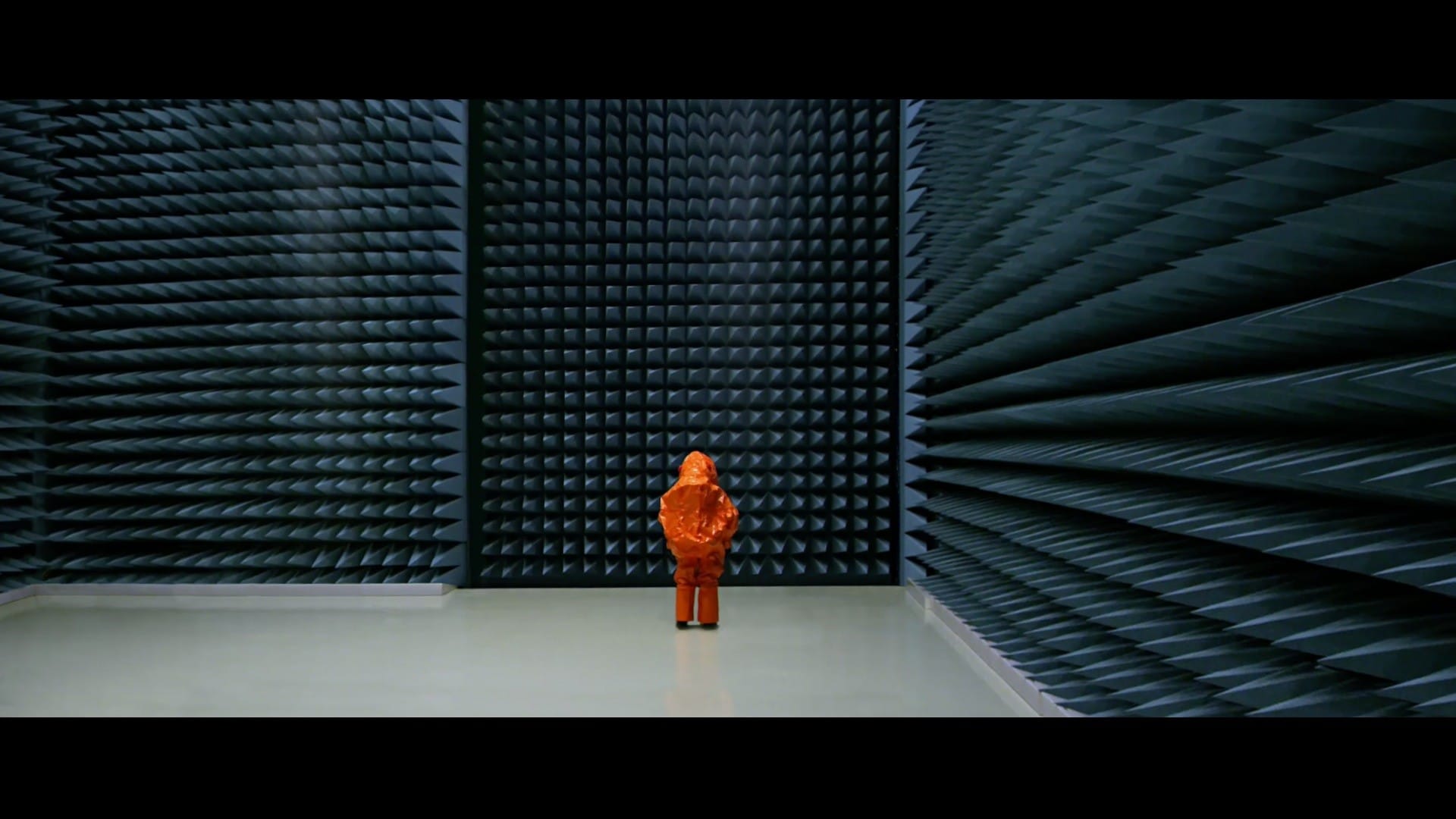It feels like we’re on the verge of one of the greatest discoveries in the history of humanity.
Our catalogue of extra-solar planets, some potentially Earth-like, is growing. Evidence is amassing that water and the building blocks of life are commonplace in the universe. And now NASA scientists, a breed known for circumspection and tentativeness, are boldly announcing that we’re a decade or two from confirming the existence of extraterrestrial life.
The Visit, a unique docu-simulation by director Michael Madsen, fits beautifully into this zeitgeist of giddy expectation by asking: what would really happen if Earth was visited by an alien entity? No, you won’t find any metropolitan-sized explosions or death rays or anything remotely geared towards a summer blockbuster crowd in the film.
There are, however, actual experts and officials whose job it is to seriously think about the best possible response to an extraterrestrial visitation.
Drawing on advisors from various institutions, including the United Nations Office for Outer Space Affairs (UNOOSA), The Visit simulates the first-response of these august lawyers, scientists, military men, and thinkers by having them interview the stellar visitor – you. That’s right, the viewer is addressed as the alien, a technique that sounds gimmicky but works wonderfully well.
The documentary is very much an abstract piece, with very little in the way of concrete details or facts about the visiting entity. The central conceit of the film is a tool to spur self-reflection and help us view human nature and history from a fresh perspective, free from our rote perceptions.
In service to this form of cinematic defamiliarization, the sundry environments and everyday human settings in the film are shown at super-slow speed, a technique that short-circuits automatic interpretations and lulls the viewer into seeing familiar scenes with the unprejudiced eyes of a neophyte unaccustomed to Earth and the ways of its most intelligent species. To achieve this effect, Madson used a Phantom high-speed camera that can do 1000 frames per second.
“Years ago I saw an art exhibition where I first saw similar recordings,” says Madsen in an email interview. “Realizing that if you create a move or gradual shift in the perspective by moving the camera, then the almost stillness of humans becomes very interesting, because you move beyond what is visible to the naked eye. Yet what you see is not manipulated, and I wanted a visuality for The Visit without any special effects, only a kind of expanded visuality, in this case in time.”
With a few subtle and not-so subtle nods to Stanley Kubrick’s iconic 2001: A Space Odyssey, the European production’s ambitions are as lofty as Kubrick’s masterpiece, and philosophically successful in its own way.
One of the most intriguing elements of The Visit is the experience of space engineer Chris Welch who imagines entering a landed spacecraft – again, all very abstract, so don’t expect an X-Wing. On board, he walks through shifting scenes of massive libraries and museums, but all of them very much from Earth. Madsen explains that Welch speculated that any alien craft would be so vastly different from what we understand that we could reasonably expect that it would simulate representations that we could relate to, hence the familiar repositories and warehouses of human knowledge.
Says Madsen: “The whole problem in making a film – the problem for sci-fi, encountering the alien – is that you somehow have to retain a link to our human world in the sense of us being able to relate to it at all, and I have with The Visit been interested in the limits of what we can actually grasp.”
What’s not difficult to grasp is that The Visit is a creative and enigmatic cinematic experience, which will be even more poignant if and when we all receive paradigm-busting breaking news at a possible not-so-distant future NASA press conference.









